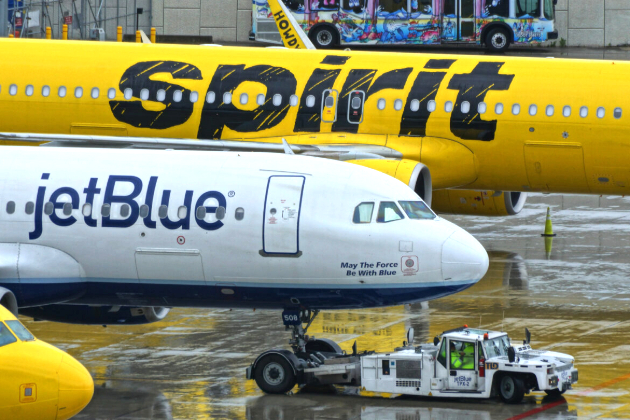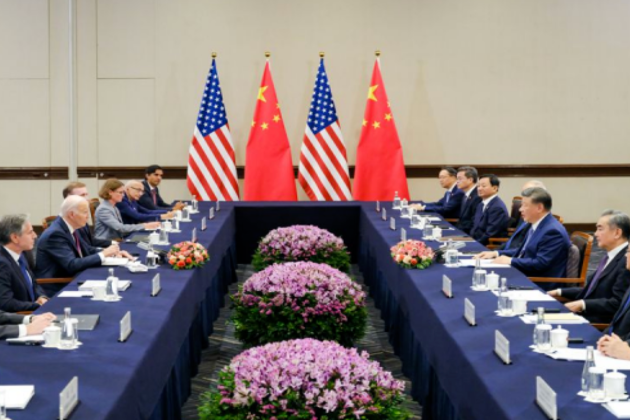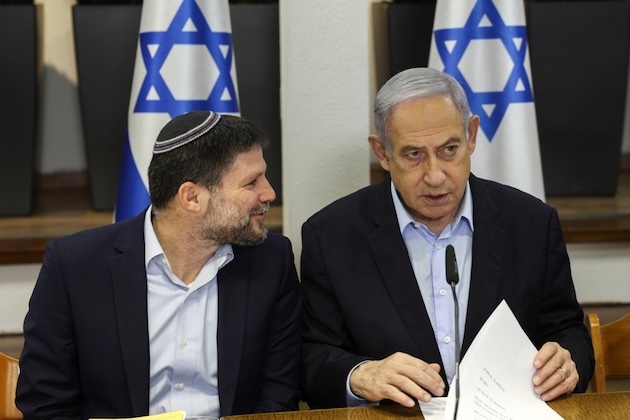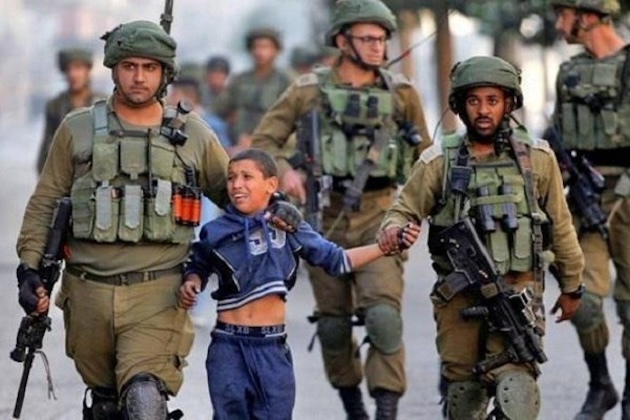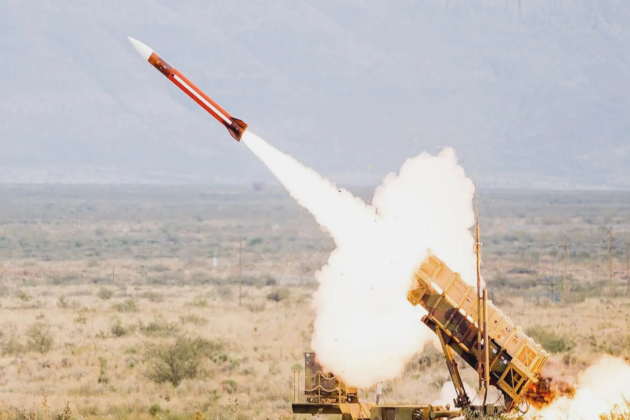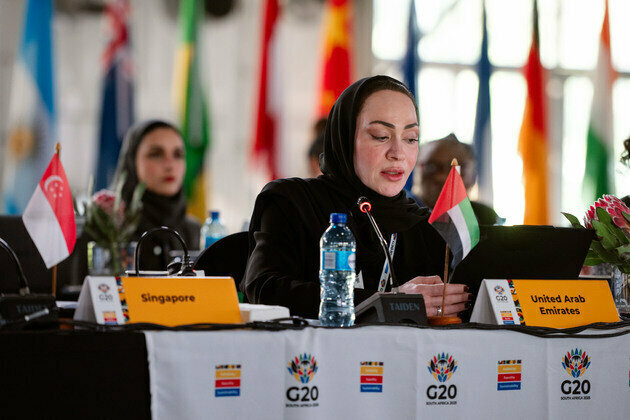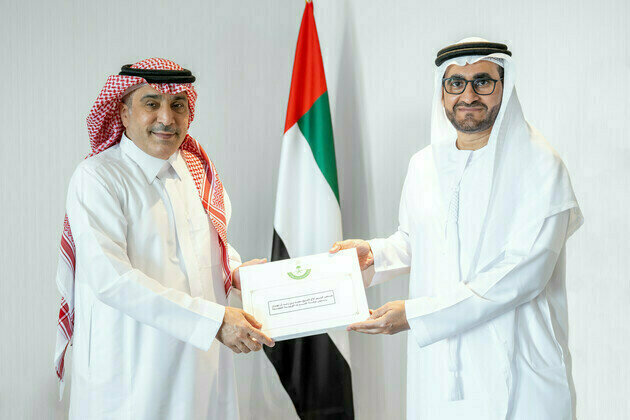Opinion Reconstituting the Lebanese Security Forces Post-Ceasefire
E-International Relations
12 May 2025, 21:06 GMT+10
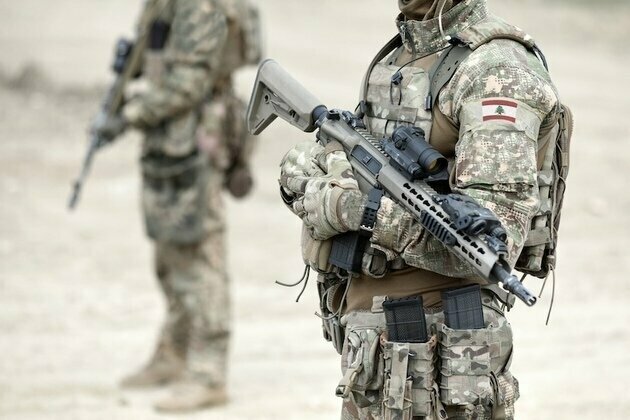
Julian McBride
Download PDF
May 12 2025
0
viewsBumble Dee/ShutterstockThe Third Israel-Lebanon War is currently in a ceasefire phase that can turn into a permanent one with major regional implications. Not only mustHezbollah withdraw away from the Israeli border above the Litani River, but the paramilitaryorganization must also fully disarmwith the Lebanese army taking full security of Lebanon. Lebanons Security Forces (LSF) have the major task of implementing the ceasefire and capitulation, maintaining law and order, and keeping sectarian tensions at a minimum in hopes of a new unity government emerging. With minimal experience and a history of corruption and negligence, the LSF has a long road ahead and must reconstitute itself into a professional force for Lebanon.
Against the backdrop of the brutalOctober 7th terrorist attacksby the Hamas militants in Gaza, Hezbollah, an Iranian-proxy group in Southern Lebanon, supplemented the Gazan organization by firing rockets and redeploying Israeli assets to the North. The goal ofHezbollahs interventionwas to relieve pressure off Gaza without drawing into a full-scale war. Still, tactics changed due to the limited propaganda victory the Shia paramilitary initially gained against Israel.For the first several months of 2024, despite significant losses,Hezbollah was able to displace 90,000 Israeli citizens from the North, which caused a degree of political turmoil in Tel Aviv. Months of indirect negotiations via the United States and France failed, and losing patience with the lack of settlement, Israel went on the offensive.
Conducting ashock and awe campaign, Israeli intelligence incapacitated thousands of Hezbollah fighters bysimultaneously exploding various communicationsof the group. Next came major assassinations of senior leaders, including the longtime Secretary-General that built Hezbollah to regional heights,Hassan Nasrallah. After the shock and awe and numerous airstrikes,Israel conducted a ground campaignin an attempt to dismantle Hezbollah infrastructure in Southern Lebanon and create a buffer zone. Lebanons battered economy could ill afford another war, and theinternal displacementandplethora of lossesled Hezbollah and the Lebanese government to negotiate a ceasefire via the US government.
Documents in the ceasefire not only call forUnited Nations Security Council Resolution 1701to take place, which statesHezbollah must withdraw beyond the Litani Riverbut it also calls for the disarmament of all armed groups that are not part of the Lebanese Security Forcesthe Iranian affiliated paramilitaries included. The Lebanese army will not just be stationed alongside the border with Israel, the LSF will also help monitor all factions in Lebanon and have the ability to interdict possible weapons shipments from the Syrian border, Beirut International Airport, and remnants of the port.
According to the Western-brokered ceasefire,the Lebanese army will be first and foremost in charge of disarming non-state militias, preventing their remilitarization, and maintaining law and order across Lebanon. The army will be backed by theUN-Interim Force in Lebanon (UNIFIL), the United States, France, and eventually Israel itself when further negotiations are made on a permanent end of the conflict between both Levantine countries.
Though officially having diplomatic backing from the United States, France, and the United Nations to take charge of Lebanons security and to mitigate another Hezbollah rise, the Lebanese Security Forces face major challenges between corruption, sectarianism, motivation, and force capabilities. TheLebanese Security Forcesare among the less-equipped and capable militaries in the Middle East. Still feeling the scars of the civil war, the army and directorate never truly recovered into a professional fighting force.
Sectarian tensions, resulting frominternal conflictsin the 1950s and 1970s, fractured command and control in the army. Even during theSyrian occupation, the LSF could not grow to true strength, as the Assad regime wanted Lebanon to be under a state of vassalage to Syria. Lebanons Security Forces also face economic, recruitment, and retention challenges.Without a stable economy in Beirut, recruiting new potential co-signers and retaining forces who want a career path with guaranteed benefits will be harder.
For the LSF to solidify its hold as the main peacemaker and sole armed force in Lebanon, it must first take steps to reconstruct the army, police, and intelligentsia. First, the Lebanese Security Forces should prioritizemending sectarian tensionsand proving itself as a force for the people, not just the government.Integrating disenfranchised young Shiite menwho aredispleased with Hezbollahs actionsover the past year could help deny the militant group new recruits and mend fences in the country. The Lebanese Security Forces should also focus oncorruption in the country, which has become rife with embezzlement and numerous foreign influences. The LSF must ensure it can be military for the people first to build trust nationwide. Growing partnerships with UNIFIL, the United States, and France could give an opportunity for the LSF officer corps to gain more experience and learn strategic operations on how tointerdict weapons and drug traffickingacross the borderespecially as Lebanon suffered fromHezbollahs and Assads captagon trade.
Lebanons military has been tasked with being the first line of contact, maintaining peace, and mitigating non-state actors from rearming to pre-war heights. However, alongside current internal problems, the LSF also faces one major key hurdlea lack of strength to confront Hezbollah. During decades of stagnation and internal strife, Hezbollah rapidly became not only the strongest fighting force in Lebanon but theworlds strongest paramilitary organization. Amassing tens of thousands of fighters and having combat experience from numerous Middle Eastern theaters,Hezbollah may still be stronger than the armydespite a plethora of losses.
Although at a significant disadvantage, the LSF will need to grow partnerships with UNIFIL and the ceasefire brokers of America and France and continue strong coordination with not just the UN but also Israel itself. Though not having a peace deal or normalized relations, indirect negotiations and communications between Israel and Lebanon will be imperative to mitigate a future war. Aback-channel hotlinevia the US and UN could help coordinate the interdiction of weapons from non-state actors that could be rearmed.
A joint regional intelligence network for the Lebanese army with the United Nations, France, and America would help find key weapons storage facilities, potential cross-border interdictions, and coordination that would help mitigate Israeli military action. The LSF will have to be assertive but supportive of the people in Lebanon to gain trust and pull influence away from Hezbollah. Lebanons security apparatus will not only be tasked with disarming all non-state actors, such as Hezbollah, but maintaining security and mitigating sectarian tensions that have plagued the country for decades. Though it needed much effort to reconstitute its structure, with internal and external help, the Lebanese Security Forces can be the regional force for stability that Lebanon has been missing since the 1960s.
Further Reading on E-International Relations
- Opinion Lebanons Economic Crisis: An Opportunity to Contain Hezbollah?
- Managing a Crisis: Hezbollahs Welfare Expansion
- Opinion Israels Two Front War
- The Syrian Refugee Crisis and the Lebanese Response
- Competing Logics of Security toward Syrian Refugees in Turkey and Lebanon
- With Hezbollahs Retaliation Strategy in Disarray, Israel and Iran Brace for War
About The Author(s)
Julian McBrideis a defense analyst and 19FortyFive contributing editor.
TagsHezbollahLebanon
 Share
Share
 Tweet
Tweet
 Share
Share
 Flip
Flip
 Email
Email
Watch latest videos
Subscribe and Follow
Get a daily dose of Iran Herald news through our daily email, its complimentary and keeps you fully up to date with world and business news as well.
News RELEASES
Publish news of your business, community or sports group, personnel appointments, major event and more by submitting a news release to Iran Herald.
More InformationBusiness
SectionDe-escalations in India, Pakistan, China and U.S. fuel Asian stocks rally
SYDNEY, NSW, Australia - Stocks in Asia and the pacific have closed significantly higher following ceasefires in India-Pakistan hostilities,...
Toyota warns of 21% profit drop amid Trump tariffs, weak dollar
TOKYO, Japan: Toyota Motor Corp is bracing for a 21 percent decline in full-year profit, as the impact of President Donald Trump's...
Nordic, Baltic nations plan offline card payments amid rising risks
HELSINKI, Finland: In response to rising geopolitical risks, Finland, Sweden, Norway, Denmark, and Estonia are preparing to roll out...
Budget airlines struggle as big carriers gain in tough market
CHICAGO, Illinois: All U.S. airlines are feeling the impact of falling travel demand caused by President Trump's trade war. But low-cost...
AWS to invest $4 billion in first Chile data centers
SANTIAGO, Chile: Amazon Web Services (AWS) will invest US$4 billion to establish its first data centers in Chile, aiming to tap into...
US and China officials to hold key trade talks in Switzerland
WASHINGTON/BEIJING: U.S. Treasury Secretary Scott Bessent and lead trade negotiator Jamieson Greer are meeting China's top economic...
Middle East
SectionFood authority forecasts 500,000 in Gaza will die of starvation
Gaza Faces Imminent Famine as Aid Blockade Enters 70th Day, UN Warns The entire population of Gaza is now at critical risk of famine,...
UN Body Accuses Israel of Systematic Torture, Sexual Violence
AMMAN, Jordan - A United Nations investigative committee has accused Israel of inflicting unimaginable suffering on Palestinians under...
Saudi Arabia to receive US missiles worth $3.5 billion
WASHINGTON, D.C.: The U.S. State Department has approved a potential US$3.5 billion arms sale to Saudi Arabia, including AIM-120C-8...
UAE Gender Balance Council showcases national achievements at G20 Women's Empowerment Working Group Meeting in South Africa
DUBAI, 12th May, 2025 (WAM) -- The UAE, represented by the UAE Gender Balance Council, participated in the second technical meeting...
UAE President receives invitation from Custodian of Two Holy Mosques to attend Gulf-US Summit in Riyadh
ABU DHABI, 12th May, 2025 (WAM) -- President His Highness Sheikh Mohamed bin Zayed Al Nahyan has received a written message from the...
Egypt backs Russia's peace talks offer to Ukraine
President Vladimir Putin has proposed direct negotiations with Kiev without preconditions ...




